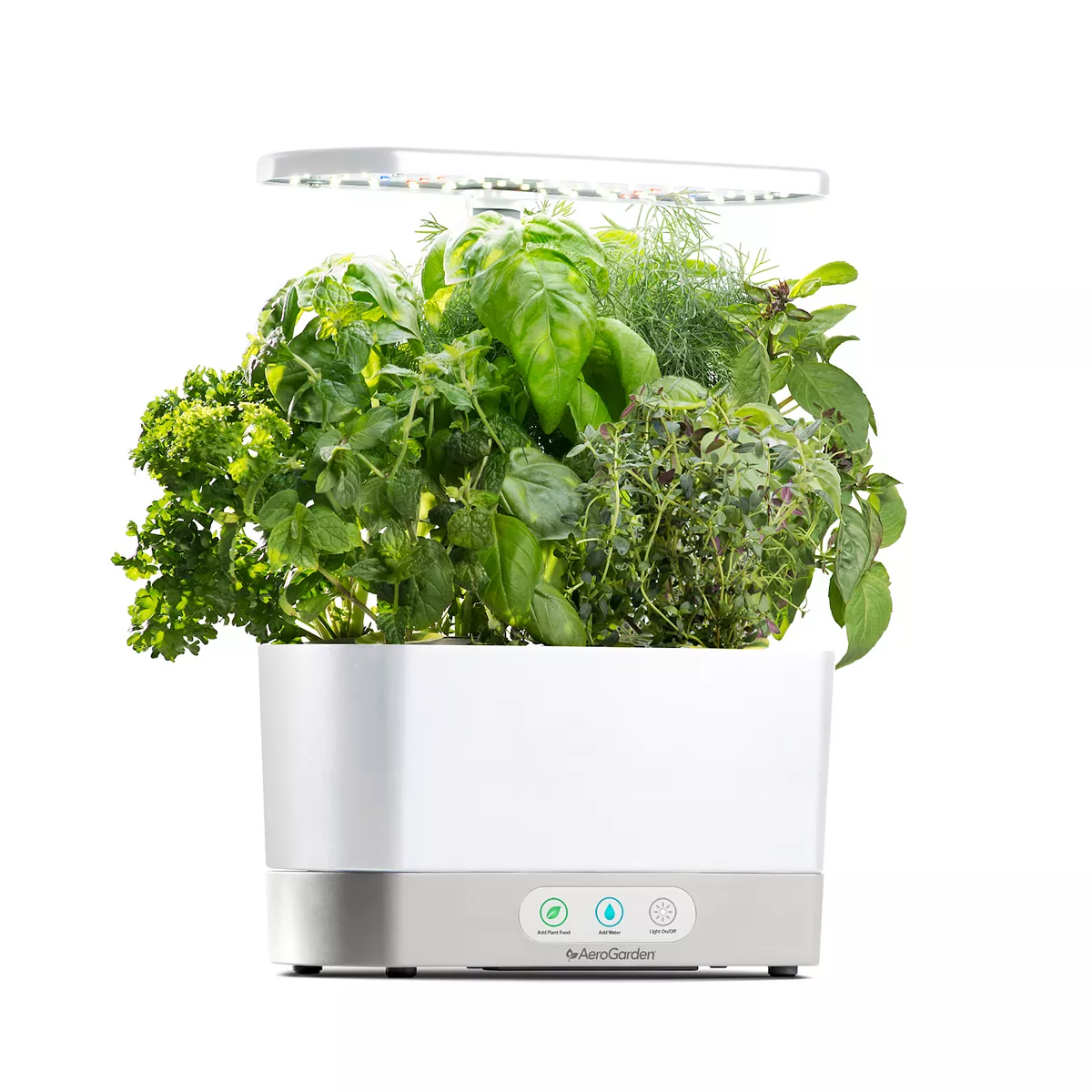A hydroponic garden can be an excellent gift for someone who enjoys gardening or wants to try their hand at growing plants indoors. Hydroponic gardens use nutrient-rich water instead of soil to grow plants, which can be a more efficient and sustainable way to grow various plants.
A hydroponic garden is a method of growing plants using nutrient-rich water rather than soil. This type of gardening is often used to grow plants indoors or in areas where soil quality is poor or unavailable.
There are several types of hydroponic systems, including:
- Nutrient film technique (NFT): A thin film of nutrient-rich water is continuously circulated over the roots of the plants, which are supported by a sloping trough.
- Deep water culture (DWC): Plants are suspended in a nutrient-rich water solution and an air stone is used to oxygenate the water.
- Aeroponics: Plants are suspended in air and the roots are misted with a nutrient-rich water solution.
- Wick system: A wick transports nutrient-rich water from a reservoir to the plants.
- Ebb and flow (flood and drain): The plants are periodically flooded with a nutrient-rich water solution and then allowed to drain back into a reservoir.
Hydroponic gardening has several benefits, including:
- Higher yields: Because the plants receive a precise amount of nutrients, they can grow faster and produce more fruit or vegetables.
- More control: Hydroponic gardens can be set up indoors, which allows gardeners to control the temperature, humidity, and light levels.
- Fewer pests and diseases: Because the plants are grown in a controlled environment, they are less likely to be affected by pests and diseases.
- Water conservation: Hydroponic systems are typically more water-efficient than traditional soil-based gardens.
However, hydroponic gardening can be more expensive and time-consuming than traditional gardening, requiring specialized equipment and regular maintenance. It’s also important to properly sterilize the equipment to prevent the growth of harmful bacteria or fungi.
